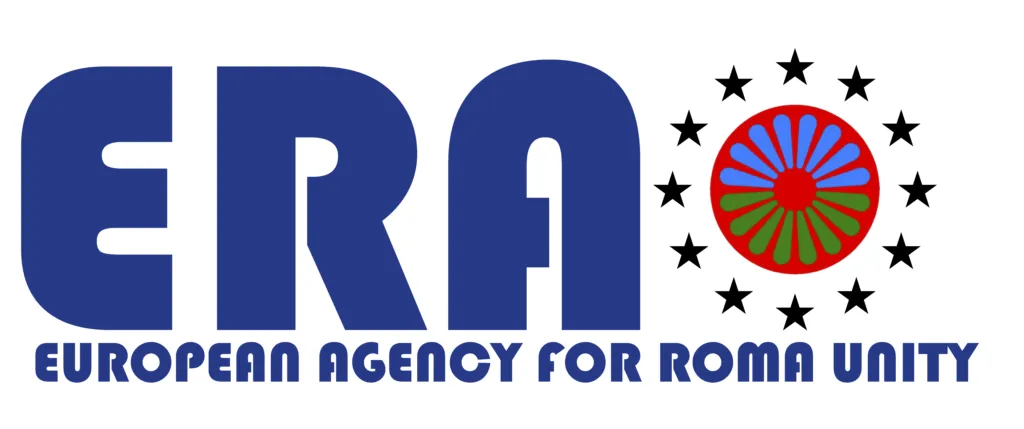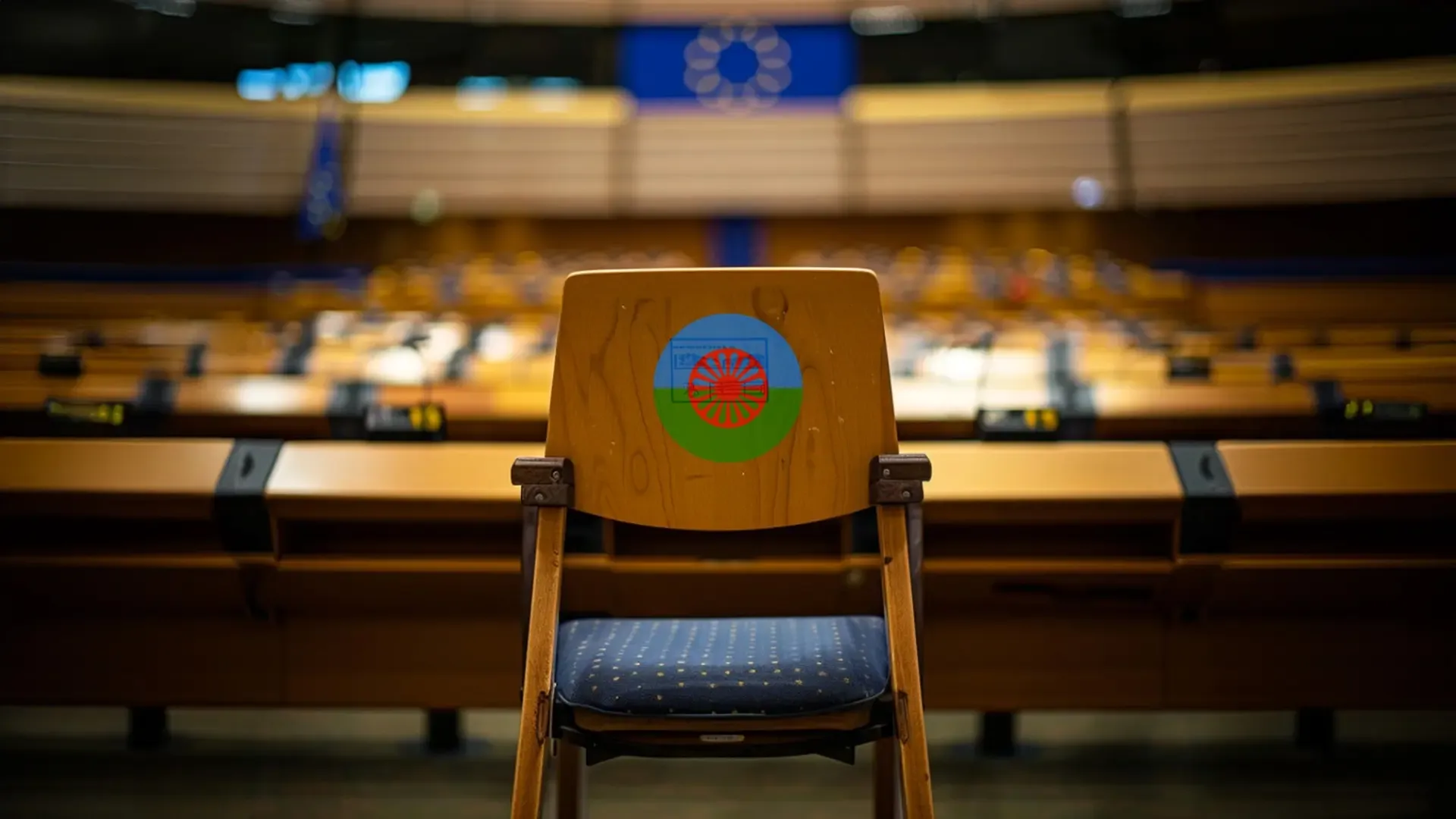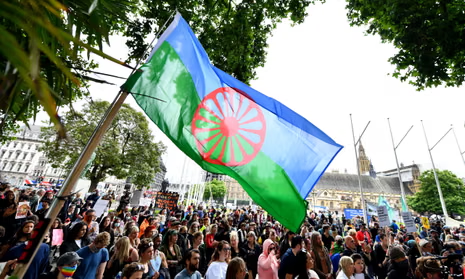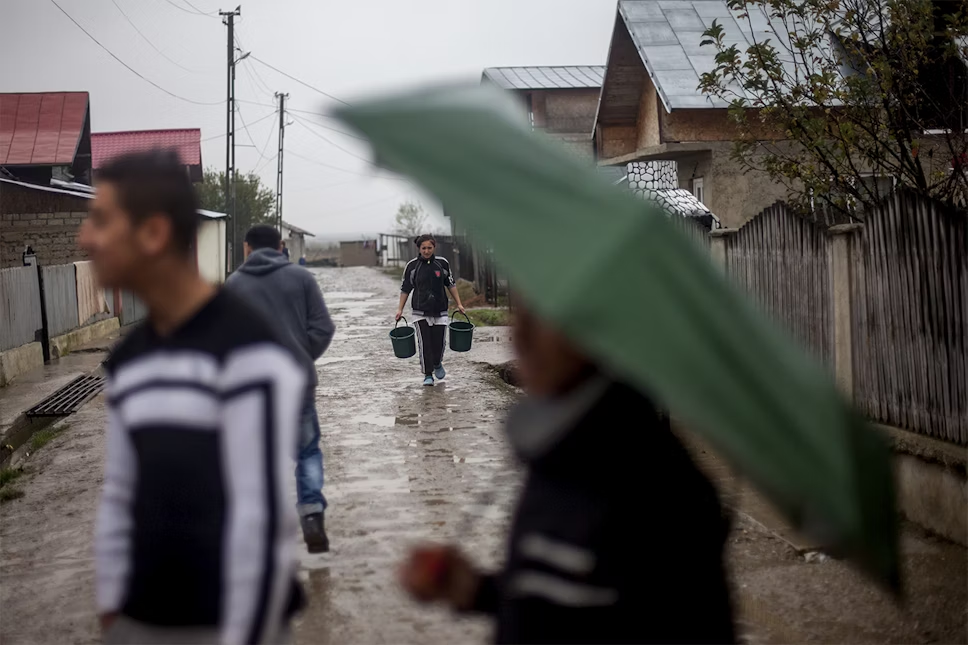In 2020, the European Union adopted the EU Roma Strategic Framework for Equality, Inclusion and Participation (2020–2030), with the aim of promoting equality, fighting discrimination, and improving the living conditions of Roma across Europe. It was presented as a historic step, a decade-long commitment to finally address the structural barriers that have kept Roma communities at the margins of society.
Almost five years later, the reality on the ground tells a very different story. Far from seeing substantial progress, many Roma communities report that their situation has stagnated or even worsened.
From ambition to inaction
The 2020 Framework was ambitious, setting out clear objectives in areas such as education, employment, health, housing, and participation. Member States were called upon to adopt national strategies aligned with these goals, supported by EU monitoring mechanisms. Yet, despite this, implementation has been inconsistent, fragmented, and largely symbolic.
In many Member States, Roma continue to live in segregated housing, face systemic barriers in education, and experience high unemployment rates. Access to healthcare remains unequal, with devastating consequences made even clearer during the COVID-19 pandemic.
Discrimination remains the norm
One of the core objectives of the Framework was to combat anti-Roma discrimination. However, hostility and scapegoating against Roma remain entrenched in public discourse and, in some cases, have escalated. Far from tackling antigypsyism, governments and institutions have too often tolerated or ignored it.
Instead of building trust, the failure to deliver on commitments risks deepening Roma communities’ sense of exclusion and alienation from mainstream society.
The missing voice at the table
Perhaps the biggest weakness of the Framework has been the limited involvement of Roma themselves in shaping, implementing, and evaluating policies. Despite repeated calls for “nothing about us without us,” Roma participation remains tokenistic. Decisions are made about Roma, but rarely with Roma. Without strong and meaningful involvement, the Framework risks being yet another technocratic exercise rather than a vehicle for real change.
A call for accountability
If the EU Roma Framework is to avoid becoming another missed opportunity, urgent steps are needed:
- Stronger accountability for Member States that fail to implement commitments.
- Meaningful Roma participation at all levels of decision-making.
- Concrete, measurable action in housing, education, health, and employment, backed by sufficient funding.
- Zero tolerance for antigypsyism in political discourse and public institutions.
Conclusion: From words to justice
The EU promised a new era of Roma equality in 2020. But nearly halfway through the Framework’s timeline, little has changed in practice. The risk is clear: without urgent and decisive action, the Framework will be remembered not as a milestone in Roma inclusion, but as yet another unfulfilled promise.
Roma communities cannot afford another lost decade. Europe must move from words to justice, ensuring that the next five years bring not empty strategies, but real, measurable change.






